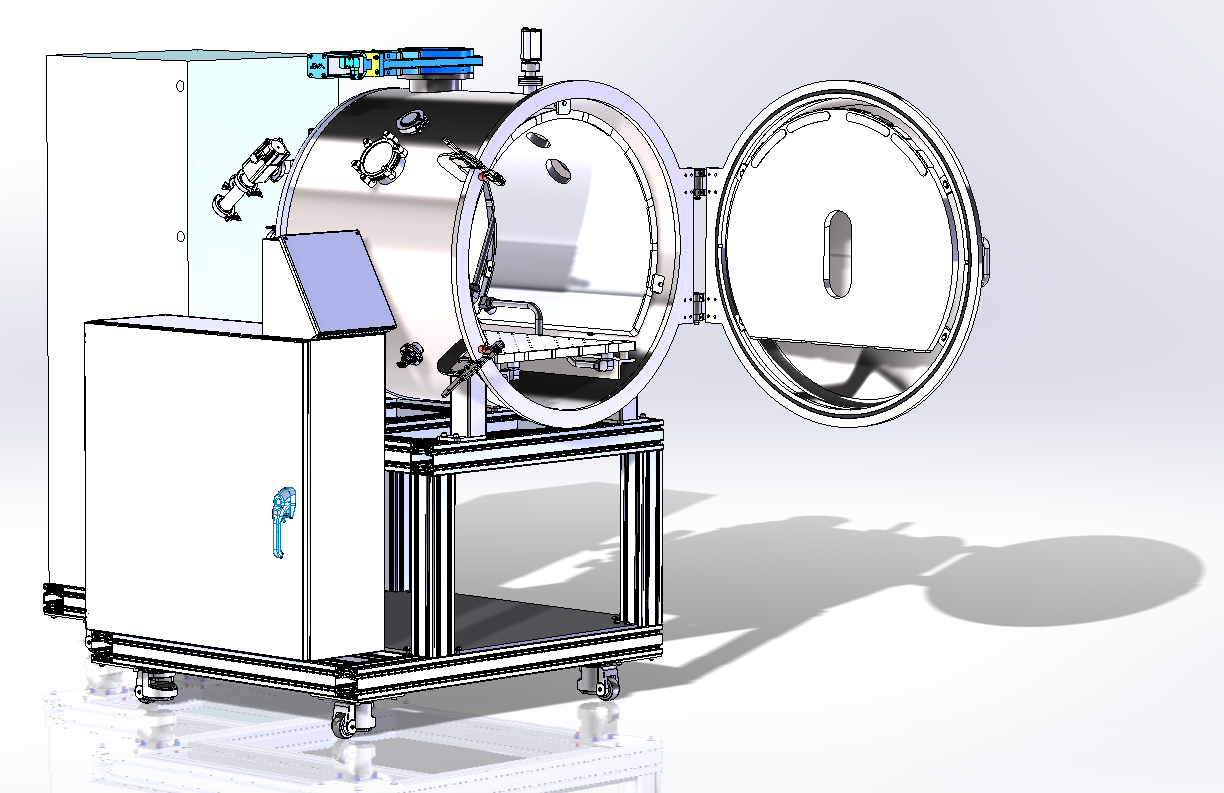Single source of truth drives data management at Apollo Engineering
Single Source of Truth
What does Kenesto mean a single source of truth and how is Kenesto different from consumer-grade cloud storage solutions?
Kenesto files are stored in the cloud and there is only one reference version. Kenesto users have a cached version of the single reference file locally on their K drive. When a Kenesto user opens and edits the local cache version, the file is automatically locked and the cached version shared with other users is made read-only. When the Kenesto user with edit privileges saves the file, the other parties with whom the file is shared have their cached versions updated automatically.
In this way, users are protected from overwriting each other’s work. Kenesto’s versioning saves a new file version for every save by every user.
Kenesto delivers a single source of truth which is very different from consumer-grade solutions which depend on synchronizing a local copy of the cloud-stored file and leaving it to the users to determine and coordinate which copy is master.
Apollo Engineering Design Group is a mechanical engineering and design firm headquartered in Logan, Utah. Josh Adams, a professional mechanical engineer founded the company in October 2015 building on his experience with designing amusement rides, autonomous robots, heavy construction equipment and aircraft landing gear. Today Apollo employs ten people to deliver design and FEA services including structural, vibration and shock, and thermal analysis applications. The company’s toolset includes SolidWorks, Ansys, and MathCAD and expects to add solutions from Altair in the near future. The company also has experience with TeamCenter, Windchill, and ProEngineer.

Amusement Ride (Image courtesy Theme Park Archive)
Apollo founder Adams says “from the beginning, we have always sought a single source of truth for managing our data”. To this end, Apollo has been a Kenesto customer since 2017 and all employees have the Kenesto drive installed on their computers. Adams says that when he launched Apollo, he started out using OneDrive but this resulted in lost data. Later, when he added his first employee, they used Sync.com but this was found wanting in speed performance. Consumer solutions such as Box and DropBox were considered but rejected because of the storage and synchronization burden. Adams says he has no appetite for building and maintaining on-premises storage infrastructure required by solutions such as SolidWorks EPDM and that from the beginning, his aim was for a true cloud-based solution.
Apollo is no stranger to remote project execution and the need for robust data management solutions. All employees are located near the Salt Lake City metropolitan region of northern Utah and with the exception of two interns who work from company headquarters, all employees work from home offices. Adams says the company has worked this way from the company’s inception and that his employees are in regular communication with advanced chat and video conferencing in addition to their Kenesto data management solution – workflows which deliver agility and scheduling benefits. Consequently, Covid 19 had little impact on day-today workflows and the impact was contained to workflows where Apollo employees were embedded onsite with clients. The company has also recently resumed its weekly team meeting at headquarters.

Vacuum Chamber (Image courtesy Apollo Engineering)
The service in software in software as a service
Adams speaks highly of Kenesto’s service and support saying that lead support engineer Mike Bacin’s “response time is in minutes” and “he’s very quick to instruct his users how to solve an issue or get on a TeamViewer and solve the issue directly.” Going forward, Adams would like to see Kenesto build out capabilities found in enterprise PDM solutions such as being able to lock and control major product versions consisting of multiple files.
